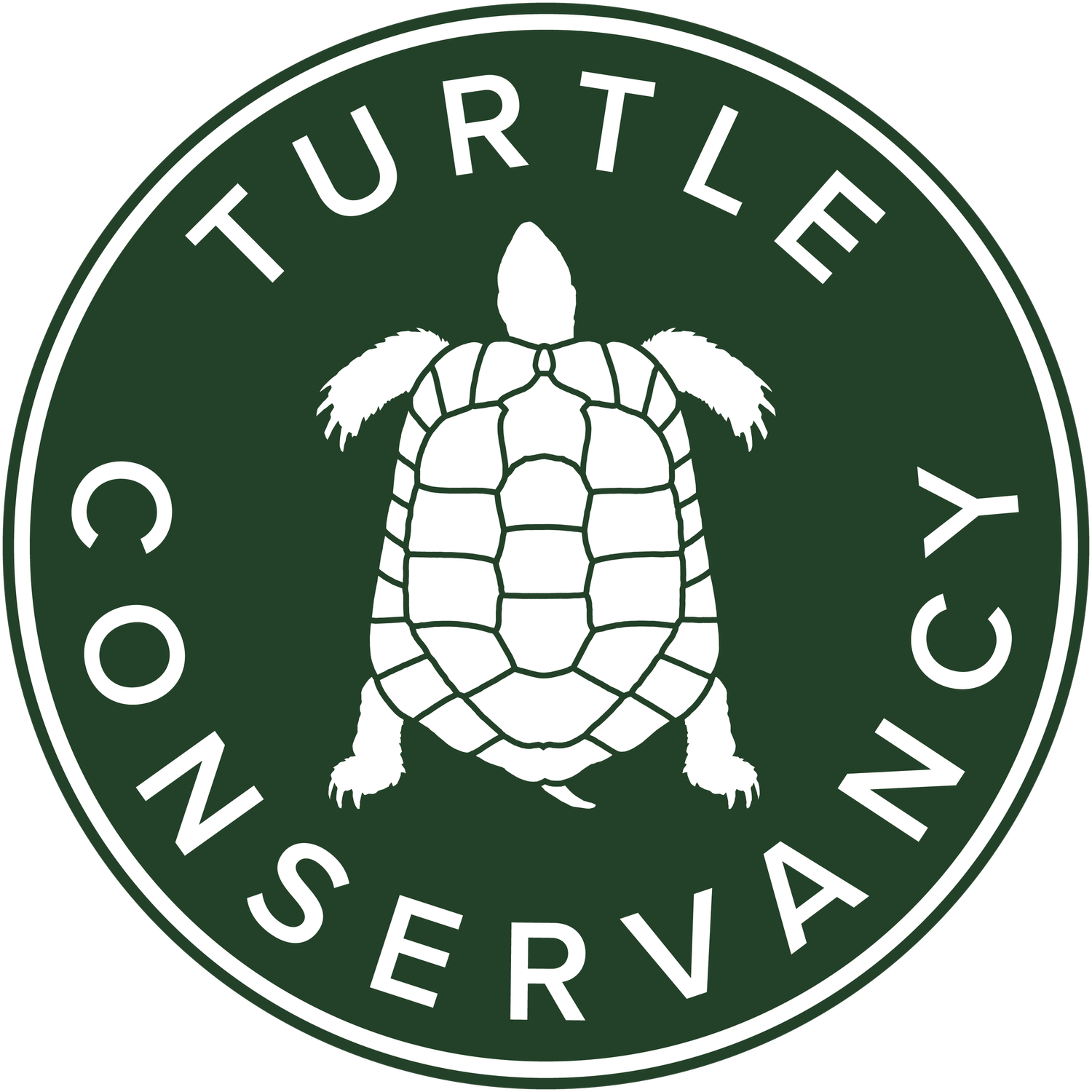The Turtle Conservancy is proud to be a founding member of the Wildlife Confiscations Network in southern California, just launched by U.S. Fish and Wildlife Service and the Association of Zoos and Aquariums. The network is a pilot program of AZA’s Wildlife Trafficking Alliance that provides a coordinated response for the care and wellbeing of wildlife confiscated from illegal trade.
Wildlife trafficking has become a pressing global crisis, driving countless species towards extinction through the illegal harvest and trade of live animals, plants, and their products. This illicit trade, estimated to be worth between $7-23 billion annually, ranks among the largest illegal enterprises, following drug and human trafficking. Not only does it endanger biodiversity, but it also poses significant risks to human health, fosters conditions conducive to disease spillover, and fuels transnational criminal networks and corruption. The rise of online wildlife trade, particularly in North America, Europe, and Asia, has further exacerbated the issue, creating a vast marketplace without borders, minimal oversight, and open 24/7, enabling traffickers to exploit new markets and sell protected species as pets.
““When live wild animals and plants are seized at U.S.
ports of entry, it is critical to provide the highest standard of care as quickly as possible. It is also essential to grant safe and appropriate housing for species that cannot be returned to their country of origin.”
Live animals often suffer immensely during trafficking, enduring brutal conditions of capture, transport, and captivity. Despite the challenges, efforts are underway to combat this crisis. The Southern California Wildlife Confiscations Network, operating under the Wildlife Trafficking Alliance, aims to reduce wildlife trafficking by establishing a coordinated system to ensure the care and welfare of confiscated live wildlife. This initiative brings together various organizations to uphold high standards of wildlife management, with the goal of building a national network to combat this devastating trade.
Illegally trafficked Eastern Box Turtles (Terrapene carolina) arrive at the Turtle Conservancy after being confiscated by U.S. Fish and WIldlife
To address this urgent issue, individuals can take action by staying informed and making informed purchases. Websites like wildlifetraffickingalliance.org provide resources to raise awareness and encourage responsible consumer choices. Additionally, resources like NotaPet.net offer insights into the victims of wildlife trafficking, educating the public on the importance of reducing demand for wild animals in the illegal pet trade. Reporting wildlife crime is crucial; if anyone suspects wildlife trafficking, they can contact the U.S. Fish & Wildlife Service Tips line at fws_tips@fws.gov or 1-844-FWS-TIPS (1-844-397-8477). Together, these actions can contribute to the fight against wildlife trafficking, safeguarding biodiversity and promoting a more sustainable future for all.

